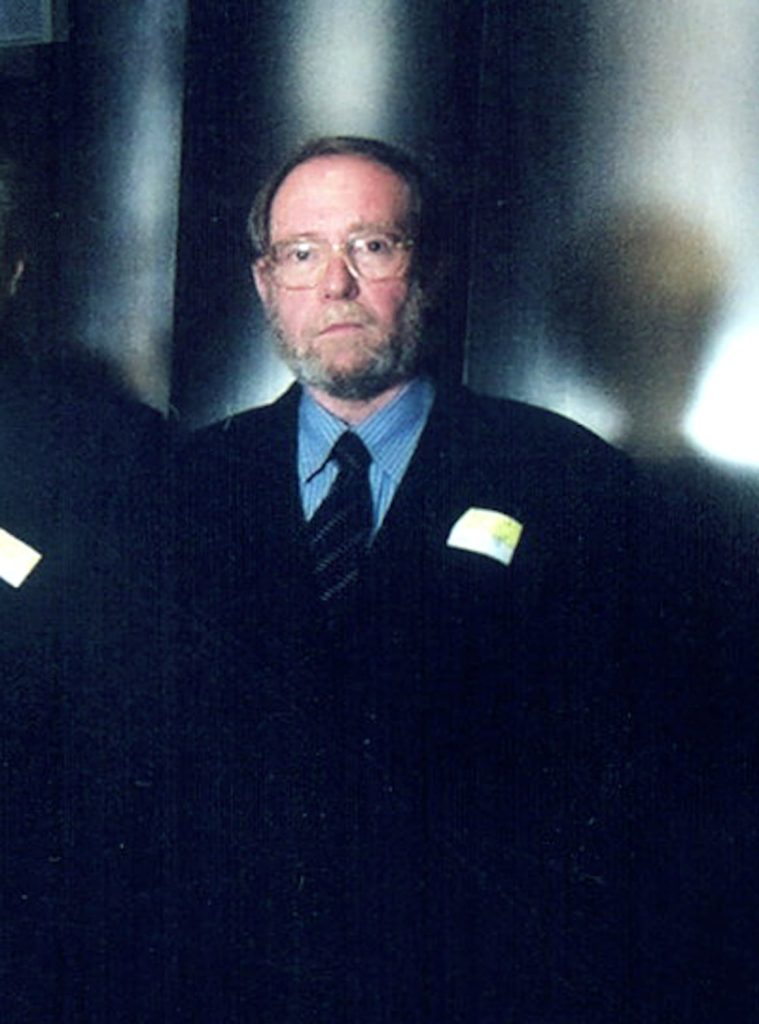José Luis Díez Gimbernat, a member of the Democratic Military Union (UMD) between 1974 and 1977, reflects on the recent passing of his old colleague and close friend from the UMD, Colonel José María Díez Gimbernat. Known as Jimmy, he played a crucial role in the UMD, especially after a series of arrests in July 1975 left the organization in disarray. Despite facing challenges and pressure from the military leadership, Jimmy effectively took charge of the UMD and worked to restore its organization and operations. Unfortunately, both José Luis and Jimmy, along with other UMD members, faced severe consequences such as military tribunals without proper defense, prison sentences, expulsion from the military, and exclusion from the 1977 amnesty.
The aftermath of the failed coup attempt on February 23, the long government tenure of Felipe González, and the leadership of Narcís Serra in the Ministry of Defense further complicated the situation for former UMD members like José Luis and Jimmy. Even with their exemplary military records and qualifications, they were denied promotions to higher ranks. Despite assurances from Serra that he did not discriminate against conservative or progressive military members, former UMD members, including those with outstanding credentials, were overlooked for promotion. This discrimination against UMD members was a result of lingering influences from the Franco regime and the Civil War era.
José Luis recalls his interactions with Jimmy over the years, as they would meet in Barcelona or attend courses together organized by the Carlos Casares Foundation. These gatherings allowed them to reconnect with other former UMD members, reminisce about their shared experiences, and celebrate their commitment to democracy, professionalizing the military, and European integration during the Franco era. José Luis fondly remembers these moments spent with Jimmy and their comrades, reflecting on the sacrifices made by their generation to uphold their values and beliefs in challenging times.
Despite the distance separating them, José Luis expresses deep sorrow at the news of Jimmy’s passing, recalling their recent conversations and plans to meet up. The sudden loss of his old friend leaves him struggling to articulate his emotions, evoking a sense of profound grief. Quoting Miguel Hernández, José Luis expresses how he feels Jimmy’s death more acutely than his own life, emphasizing the impact of losing someone with whom he shared a deep bond and a common cause. He sends his heartfelt condolences to his old friend in a poignant farewell, acknowledging the void left by Jimmy’s absence.
In conclusion, José Luis pays tribute to his dear friend and fellow UMD member, highlighting their shared history, struggles, and enduring friendship. He reflects on the challenges they faced, the sacrifices they made, and the legacy they leave behind as advocates for democracy and military reform during a tumultuous period in Spanish history. Through his heartfelt words and memories of Jimmy, José Luis honors their shared journey and the enduring bond that connected them as comrades and friends, even in the face of adversity and loss.














